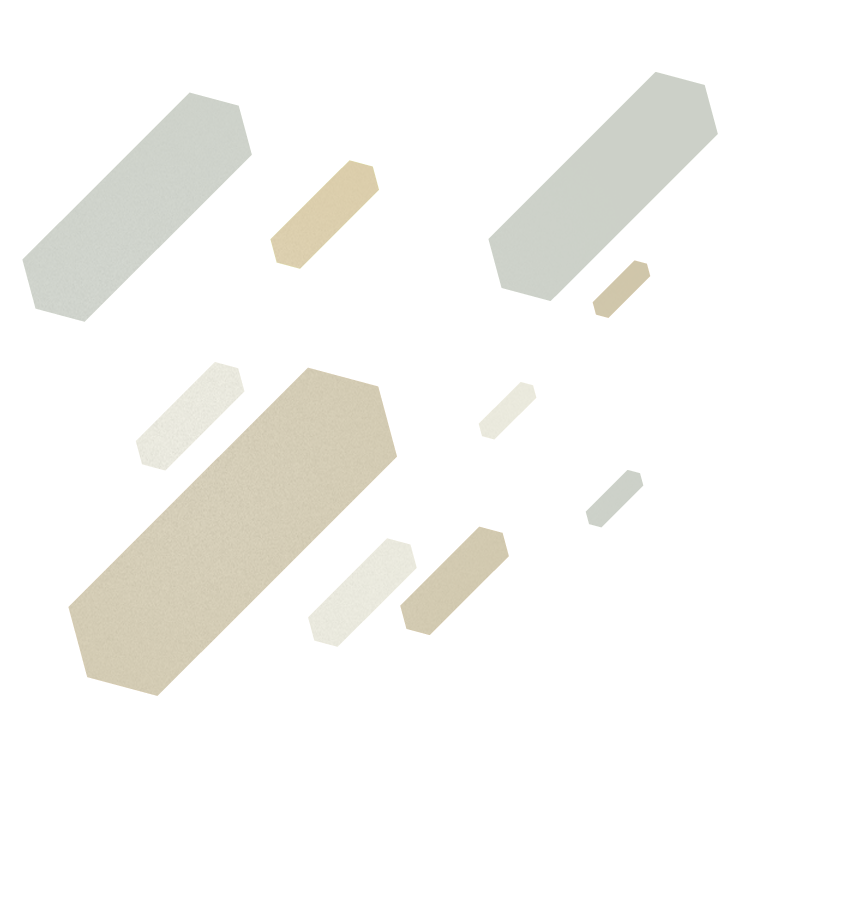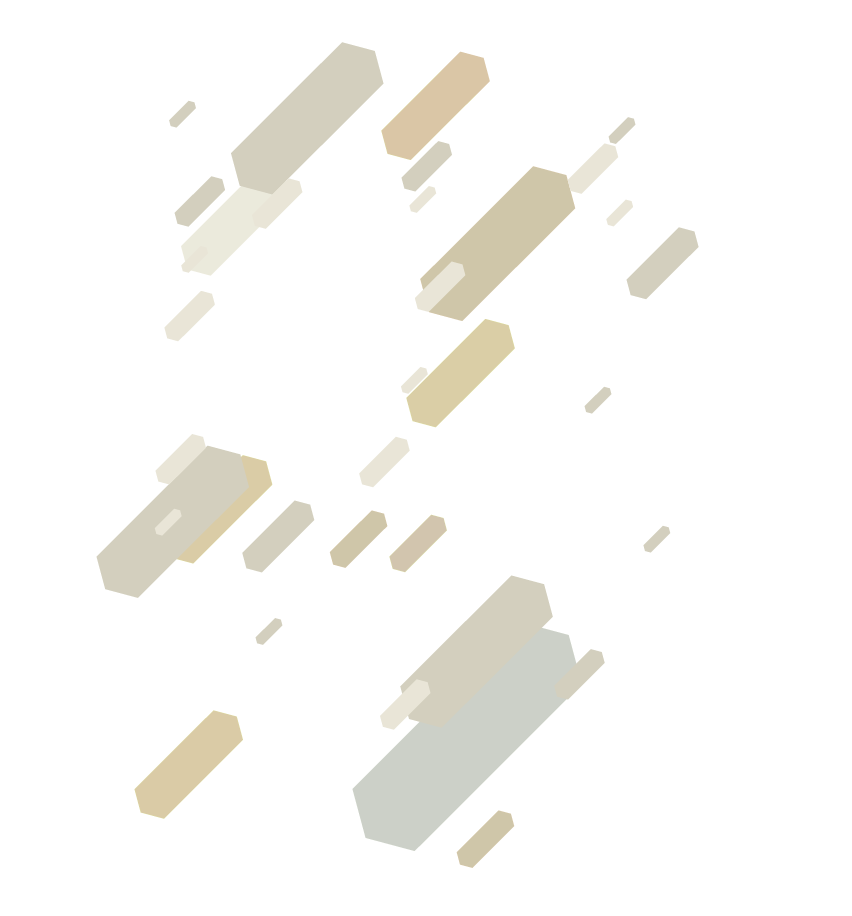


was founded in 1998 by Basel conductor and pianist Jürg Henneberger, flautist Christoph Bösch and drummer Daniel Buess. Right from the start, this highly versatile orchestra for contemporary music had a significant impact on the cultural scene of its home city. Today, it is one of the most important groups of its kind in Switzerland and has also gained an international reputation.
The number of musicians on stage can range from two to almost thirty, making the ensemble ideally suited for performing the works of contemporary composers. This might be fairly common practice in companies these days, but what gives the Ensemble Phoenix Basel its unique edge is how it incorporates, and is driven by, the impulses and preferences of its individual members. The Ensemble Phoenix has had close ties to the cultural center Gare du Nord ever since its opening. The center, located in Basel’s German railway station Badischer Bahnhof in the north of the city, not only serves as a venue for the ensemble’s annual concert series, but is also where the group works and rehearses as orchestra-in-residence.
This quest for new experiences is characterised by both constancy and curiosity. It allows the group to keep expanding the scope of its activities, from the aforementioned concert series at Gare du Nord to small tours in Switzerland or appearances at international festivals.
During the last couple of years alone, the ensemble not only performed at numerous events all over Europe (such as the 2010 Venice Biennale, or the Bludenz Contemporary Music Days), but also in the United States (2011 BEAMS Electronic Music Marathon, Boston), Mexico (Festival del Centro Histórico), Argentina (Teatro Colón, Buenos Aires), and China. As part of the Culturescapes Festival, the group visited Turkey and the Baltic countries. The ensemble’s original programmes developed for Gare du Nord usually get performed in other Swiss cities as well. Over the years, the group has built up a fruitful long-term collaboration with particular venues, such as the cultural center Dampfzentrale in Bern. The Lucerne Festival, meanwhile, has already hosted three successful performances of the group. For additional productions, the ensemble frequently works with partners such as ISCM Basel, the Basel Music Academy, the city theatre and various choirs and groups from the region. One example of such a partnership is the yearly Final Concert for Compositions at Basel’s University of Music, which is traditionally performed by Ensemble Phoenix as part of its young composers’ support program. The Ensemble Phoenix believes that staging world premiere performances of new compositions, together with all the organisation and commissioning work involved, is an excellent way of supporting and coaching new talent. Numerous young musical creators and composers from Switzerland and elsewhere have benefited from this programme – not just occasionally, but on a regular basis. The list of composers that have repeatedly worked together with the ensemble is impressive. Other types of collaboration with composers are also explored, including the joint improvisational creation of concert pieces or even entire programmes. Concept developments and crossover projects have been realised with musicians such as Kasper Toeplitz, John Duncan, Helmut Oehring, Z’EV, or Zbigniew Karkowski. Projects of this kind require a solid background in electronic music, which Ensemble Phoenix is able to provide thanks to its members, Alex Buess and Thomas Peter, both of them composers and specialists in the field. Yet another type of experimental performance are double-bill concerts with other orchestras, such as Ensemble ö! or Ensemble Vortex from Geneva. The close contact and creative friction resulting from such encounters are always a source of stimulation and mutual inspiration.
Contemporary musical theatre plays an important, even central, role in the work of the Ensemble Phoenix. After past collaborations with the Basel Theatre – The Unanswered Question with Christoph Marthaler (2000), Mauricio Kagel’s Mare nostrum (2002) or Georg Friedrich Haas’ In Vain (2003), to name a few – commissions for musical theatre have increasingly been initiated autonomously in recent years. Helena Winkelman’s chamber opera Envidia (2011, in collaboration with Teatro Colón in Buenos Aires), Matthias Heep’s L’Orient n’existe pas (2011), or Helmut Oehring’s Gunten (2008) are just some of the most recent examples. Besides that, Jürg Henneberger and other ensemble members can often be found among the cast of Gare du Nord’s own musical theatre productions.
A series of CDs documenting the different stages of the group’s development is available, while a concert/portrait CD highlighting the ensemble’s live qualities has been released by Musiques Suisses (Grammont). Moreover, the group has founded its own label, United Phoenix Records, that will compile and regularly release new concert recordings online, along with older treasures from the audio and video archives. United Phoenix Records will also be open to solo and group projects of various Phoenix members. The label aims at establishing a network of performers, composers and artists.
André Fatton




